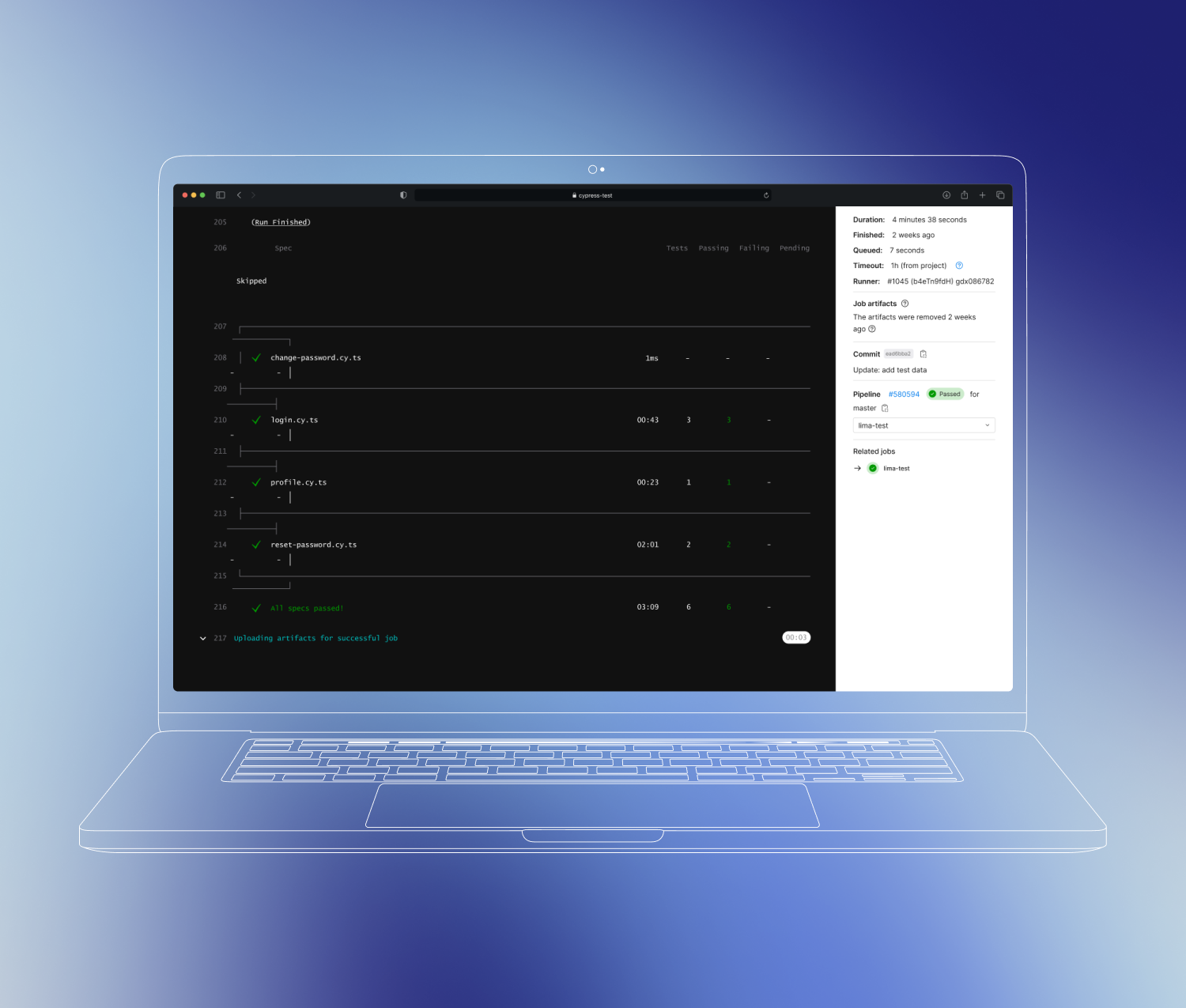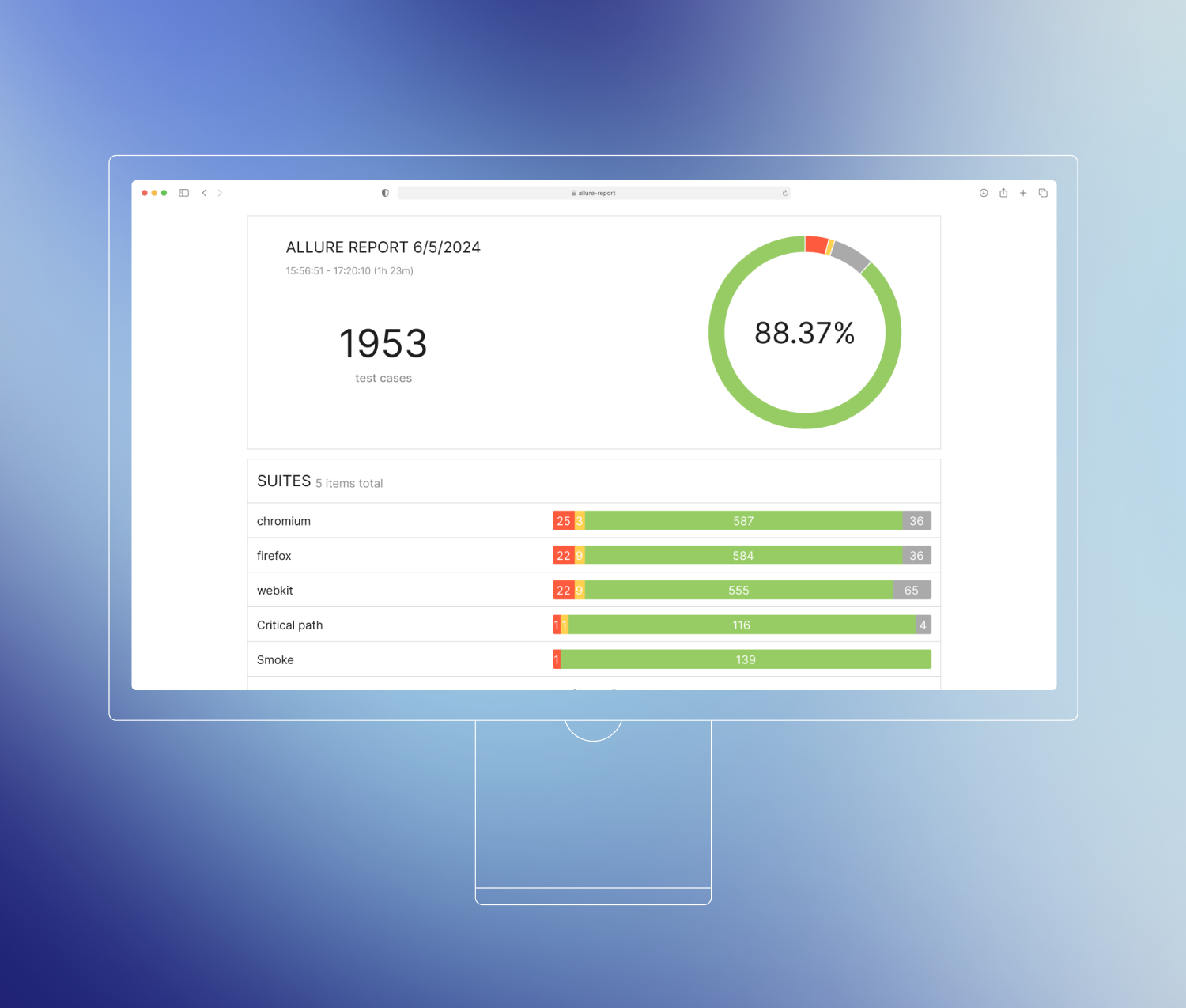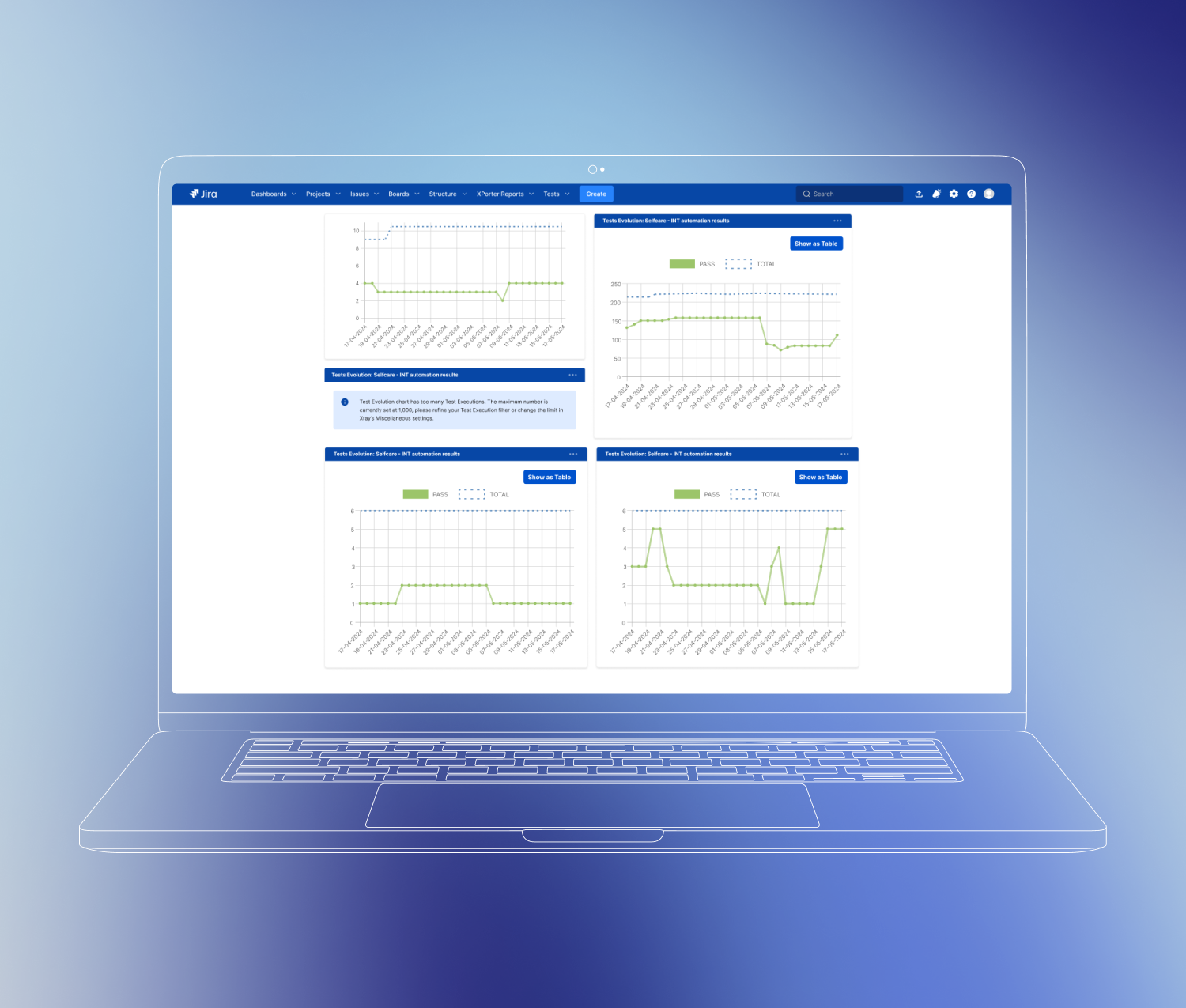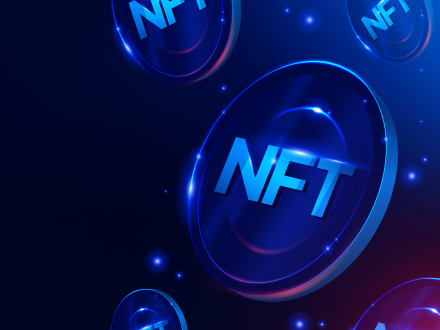Please leave your contacts, we will send you our overview by email
I consent to process my personal data in order to send personalized marketing materials in accordance with the Privacy Policy. By confirming the submission, you agree to receive marketing materials
Thank you!
The form has been successfully submitted.
Please find further information in your mailbox.
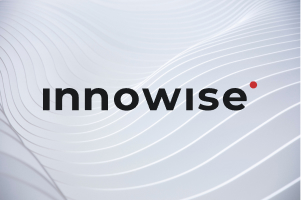
Innowise is an international full-cycle software development company founded in 2007. We are a team of IT professionals developing software for other professionals worldwide.
Hire dedicated developers
Hire web developers
Hire mobile developers
About us
Services
Technologies
Industries
Portfolio
en English
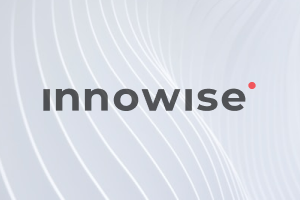
Innowise is an international full-cycle software development company founded in 2007. We are a team of IT professionals developing software for other professionals worldwide.
Hire mobile developers
